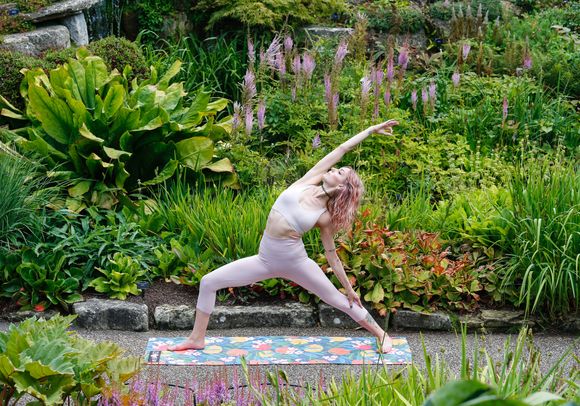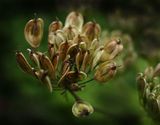Author: Rositsa Tashkova, Master of Molecular Biology and Microbiology
The desire for faster results, greater strength and endurance and accumulation of muscle mass sometimes lead active athletes to the decision to take supplements. It is well knownthat "heavy chemistry" harms you and yet it remains the easier choice.
But sport requires perseveranc and strong will - these are the qualities that the athlete should be proud of. Nature can also help - with herbs.
In this article, we will look at data from a scientific review published in 2018 in the Journal of the International Society of Sports Nutrition [ref.1], which details the most commonly used herbs among active sports people, as well as their properties.
What properties of herbs may help you with active sports
Medicinal plants provide the body with essential substances such as carbohydrates, fats and nucleic acids, as well as a number of secondary metabolites: terpenoids, alkaloids and phenolic compounds.
They have important biological properties:
- antiallergic,
- anti-inflammatory,
- with a protective effect on the liver (hepatoprotective),
- antibacterial,
- antiviral,
- anti-cancer,
- anti-thrombosis,
- anti-plaque build-up in blood vessels,
- protecting the heart (cardioprotective),
- dilateling blood vessels (vasodilator).
Read more in the article Herbs .
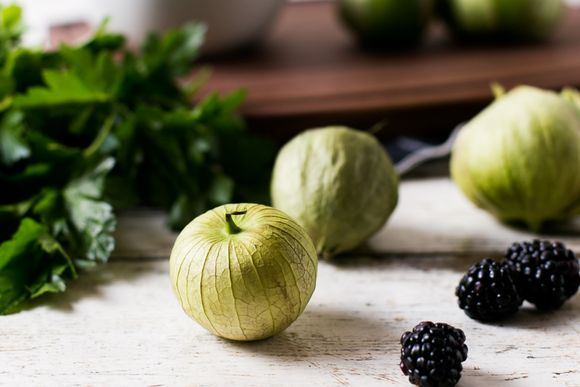
Their antioxidant properties are also of great importance as they support muscle recovery, keep energy high during intense sports and reduce oxidative stress from workouts.
Read more in the article .
Whether a plant will exhibit these properties in full depends on many factors, including the method the active substances are extracted and the place where the herb grew.
It should be taken into account that some plants and products based on herbal extracts may contain doping substances banned in sports. This is of particular importance to professional athletes.
Some herbs and herbal substances such as ginseng, caffeine and ephedrine are rich in antioxidants and are among the best candidates for improving muscle performance.
Ginseng (Panax ginseng) may increase vitality and energy
Ginseng is known for its ability to increase vitality and energy.
There are several types of ginseng: Asian ginseng, Korean ginseng (Panax notoginseng), Chinese ginseng (Panax ginseng), American ginseng, Canadian ginseng (Panax quinquefolius) and Siberian ginseng (Eleutherococcus senticosus).
Chinese ginseng is well-studied and has been found to possess anti-inflammatory and anabolic action, it is an antioxidant, brain function stimulant and immunostimulant and improves endurance. [ref.2]
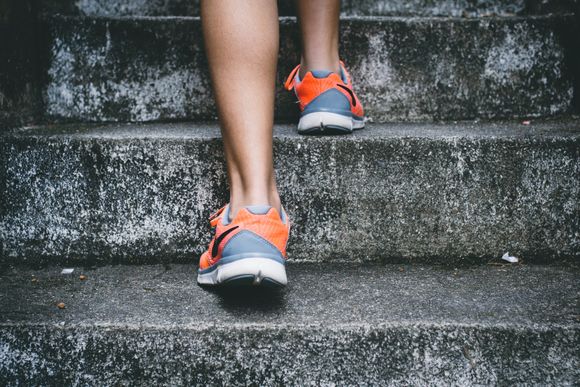
Since ginseng is a strong antioxidant, it facilitates recovery after intense training.
The powerful effects of the herb should not be ignored. Ginseng should be avoided by energetic, nervous, tense people, as well as those prone to hysteria and suffering from schizophrenia. It should not be taken in combination with other stimulants, medicines or during treatment with hormones.
Read more in the article .
Green tea (Camellia sinensis) has a strong antioxidant effect
Green tea contains caffeine, catechin, theobromine, theophylline - they are responsible for its ability to increase endurance, improve antioxidant protection and oxidation of muscle lipids in healthy people and in those suffering from diabetes.
In addition, green tea increases levels of glycerol and epinephrine in plasma after sprinting in athletes and untrained men. Due to its strong antioxidant effect, green tea reduces oxidative damage as a result of active sports.
Read more in the article .
Cayenne (Capsicum frutescens, Capsicum annuum)
It's also called Cayenne pepper. Capsaicin is the substance that causes both the hotness of Cayenne pepper (and hot peppers in general) and the tonic properties similar to those of caffeine.
Capsaicin has been found to reduce muscle soreness, increase muscle strength and increase endurance. It is a stimulant and has anti-inflammatory and analgesic effect.
Read more in the article .
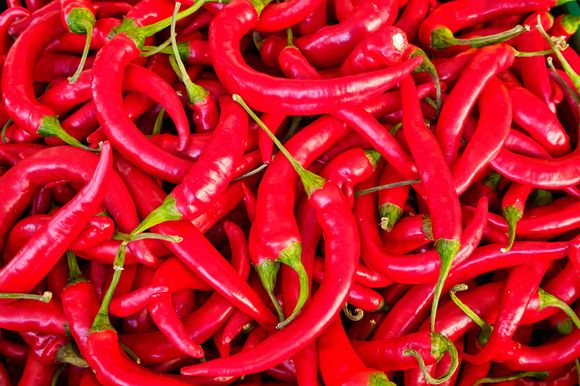
Cordyceps sinensis and Cordyceps guangdongensis mushroom
According to some studies, supplements with cordyceps extract may increase resistance to muscle fatigue by improving lactic acid production, heart rate variability and blood pressure. [ref.4]
Read more in the article .
Common myrtle (Myrtus communis)
Recent studies have demonstrated the benefits of the myrtle fruits as a supplement in sports. According to one study, taking a myrtle supplement for 4 weeks (3.4 mg/kg/day) can increase anaerobic indicators, serum proteins and iron and reduce triglycerides in moderately trained athletes. [ref.5]
Other plants that improve endurance
Other herbs and plants that can improve endurance thanks to their caffeine content are:
- Coffee (Coffea arabica)
- Guarana (Paullinia cupana) - the active compounds in guarana are alkaloids: caffeine, theophylline, theobromine, tannins and saponins. Surprisingly, it contains a greater amount of caffeine than most plants - 3.6% to 5.8% caffeine, compared to 1% to 2% in coffee.
- Yerba mate (Ilex paraguayensis - it is assumed that the caffeine contained in yerba mate, cola and guarana is more likely to be beneficial to health than the caffeine in coffee or tea. According to one study, taking yerba mate supplements reduces body fat and waist-to-hip ratio in obese people without significant negative effects [ref.3], but it is good to keep in mind that yerba mate can increase blood pressure and heart rate.
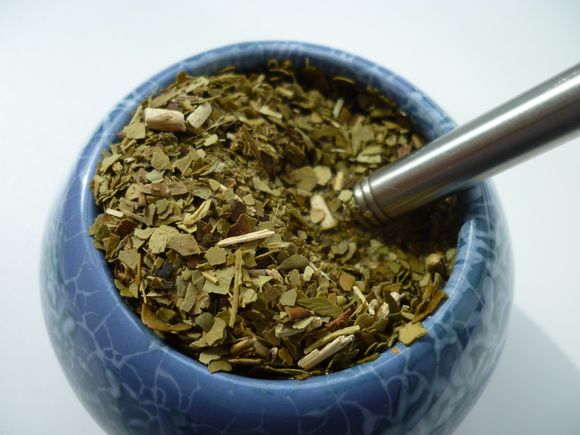
Several other plants such as yohimbe (Pausinystalia johimbe ), spirulina (Arthrospira platensis and Arthrospira maxima), moringa (Moringa oleifera), balamool (Sida cordifolia) and camu camu (Myrciaria dubia) have been used as a source of proteins, minerals and vitamins (vitamin B12 and vitamin C). They have been found to reduce body weight and increase endurance in runners and bodybuilders.
Herbs can successfully replace aggressive synthetic substances used in sports by offering a safer and healthy alternative. However, it is good to consult specialists in the field and monitor your health if you decide to take any supplement or herb.
